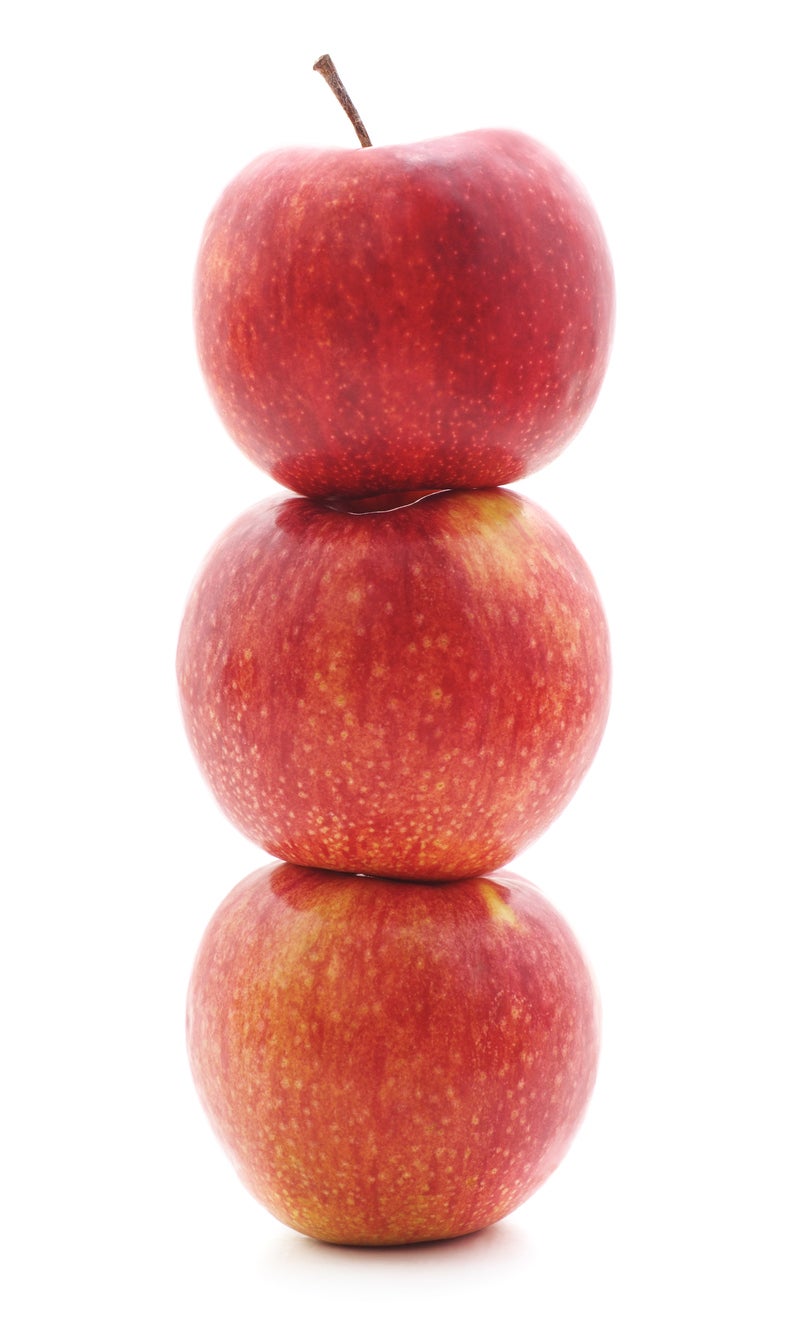What Is A Snow Sweet Apple – Learn How To Grow Snow Sweet Apples


Sign up for the Gardening Know How newsletter today and receive a free copy of our e-book "How to Grow Delicious Tomatoes".
You are now subscribed
Your newsletter sign-up was successful
There are so many varieties to choose from when growing apples, but there are many reasons why Snow Sweet apple trees should be on your short list. You’ll get a tasty apple that browns slowly, a tree that produces well, and decent disease resistance.
What is a Snow Sweet Apple?
Snow Sweet is a new variety, developed at the University of Minnesota and introduced in 2006. The trees are hardier than most and can be grown as far north as zone 4. They also have above average resistance to fire blight and scab. This is also a later variety, beginning to ripen in mid-September and about two weeks after Honeycrisp. The apples are the real standouts of this new variety. Snow Sweet apples have a mostly sweet flavor with just a hint of tartness. Tasters also describe a rich, buttery flavor that is unique. Another special feature of Snow Sweet apples is that their bright white flesh oxidizes slowly. When you cut one of these apples, it will remain white longer than most varieties. The apples are best eaten fresh.
How to Grow Snow Sweet Apples
Growing Snow Sweet apples is a great choice for any gardener interested in a new and delicious apple variety, and who lives in a northern climate. These trees prefer soil that is loamy with a pH between six and seven and a nice sunny spot. Fertilizer isn’t needed in the first year and in subsequent years only if the soil isn’t very rich and if growth on the trees is not adequate. Once established, caring for Snow Sweet apples is easy. They have good disease resistance, but it’s still a good idea to look for signs to catch any issues early. Water only when there isn’t enough rain, although Snow Sweet has moderate drought tolerance. Harvest Snow Sweet apples beginning in the middle of September and store them for up to two months for the best flavor and texture.
Sign up for the Gardening Know How newsletter today and receive a free copy of our e-book "How to Grow Delicious Tomatoes".

Mary Ellen Ellis has been gardening for over 20 years. With degrees in Chemistry and Biology, Mary Ellen's specialties are flowers, native plants, and herbs.